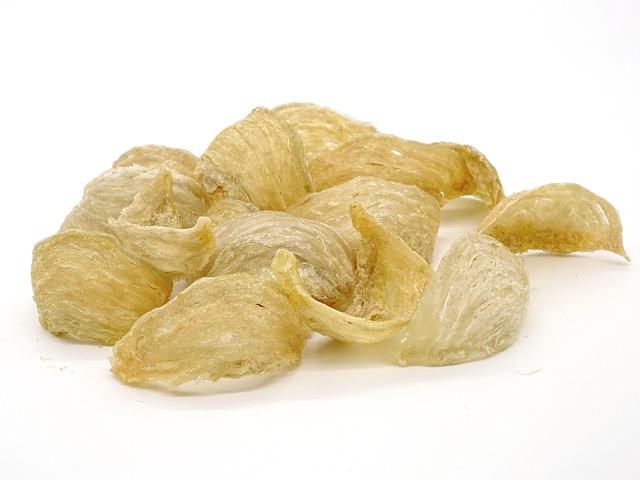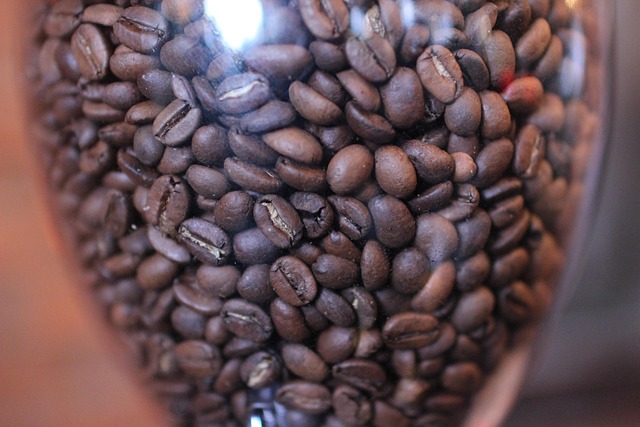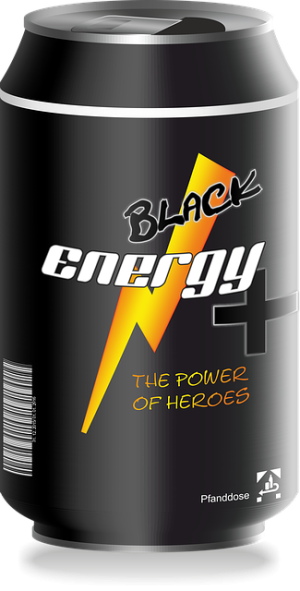Collagen stimulation is a promising anti-aging approach addressing the natural decline of collagen with age. By encouraging the body's production of this essential skin protein, treatments reverse signs of aging like fine lines and wrinkles, enhancing texture and elasticity. Topical applications and in-clinic procedures like IPL and microneedling are effective methods, while lifestyle factors significantly impact collagen levels. Future innovations in gene therapy and stem cell research aim for long-lasting, radiant results. Collagen stimulation is a powerful tool in the fight against aging, offering both immediate and potential future solutions for youthful skin.
“Uncover the secrets to revitalized skin with our comprehensive guide on collagen stimulation treatments. We explore the science behind collagen, the natural decline associated with aging, and how various strategies can boost production. From topical creams to in-clinic procedures, discover effective ways to stimulate collagen synthesis. Additionally, we delve into lifestyle factors that impact collagen levels and peek into future technologies revolutionizing anti-aging skincare. Embrace a youthful glow by understanding and harnessing the power of collagen stimulation.”
Understanding Collagen: The Building Block of Youthful Skin

Collagen, often referred to as the building block of our skin, is a protein that plays a crucial role in maintaining youthful and healthy skin. It’s a key component of the extracellular matrix, providing structure, elasticity, and strength to various tissues, notably the skin. As we age, natural collagen production slows down, leading to signs of aging like fine lines and wrinkles. Understanding this process is the first step towards appreciating the importance of collagen stimulation.
Collagen stimulation refers to treatments and practices designed to encourage the body’s natural production of collagen. By boosting collagen levels, these methods can help reverse some age-related skin changes, improving skin texture, promoting a more youthful appearance, and even enhancing overall skin health. Various techniques, from topical applications to medical procedures, are employed to stimulate collagen production, each offering unique benefits tailored to individual needs.
The Natural Decline of Collagen and Its Impact on Skin Aging

As we age, our bodies naturally experience a decline in collagen production, which can significantly contribute to skin aging. Collagen, a protein essential for maintaining skin elasticity and structure, plays a crucial role in keeping our skin looking youthful and supple. After the age of 25, collagen synthesis gradually decreases by approximately 1-2% each year, leading to visible signs of aging such as fine lines, wrinkles, and reduced skin firmness. This natural decline can be accelerated by various factors, including environmental exposure, lifestyle choices, and genetic predisposition.
The impact of reduced collagen levels is profound, as it results in weakened skin support structures. With less collagen, the skin becomes more susceptible to damage from UV radiation, free radicals, and other external aggressors, further exacerbating aging signs. This process not only affects the surface of the skin but also deep tissue structures, contributing to a loss of volume and overall facial contour. Fortunately, understanding this natural decline has led to advancements in collagen stimulation treatments, offering promising solutions for reversing or slowing down the visible effects of aging.
Topical Treatments for Boosting Collagen Production

In-Clinic Procedures to Stimulate Collagen Synthesis

In-clinic procedures have emerged as a popular and effective way to stimulate collagen synthesis, offering targeted and immediate results for those seeking youthful-looking skin. These treatments go beyond topical applications, directly engaging in the complex process of collagen production within the skin’s cells. One such procedure involves the use of intense pulsed light (IPL), which gently heats the skin, stimulating fibroblasts to produce more collagen. This non-invasive approach is well-tolerated and has been shown to improve skin texture, reduce fine lines, and enhance overall skin tone over multiple sessions.
Another cutting-edge technique is microneedling, where tiny needles are used to create controlled micro-injuries in the epidermis. This process triggers a robust collagen response as the body works to repair and rebuild the damaged skin. Often combined with topical treatments or serums during the procedure, microneedling can lead to significant improvements in skin elasticity and a more radiant complexion. These in-clinic procedures provide a powerful boost to natural collagen synthesis, offering patients noticeable and lasting results.
Lifestyle Factors Influencing Collagen Levels

Collagen production is a dynamic process influenced by various internal and external factors, many of which are within our control. Lifestyle choices play a significant role in regulating collagen levels, ultimately affecting skin health and appearance. A balanced diet rich in essential amino acids, particularly proline and lysine, is key to stimulating collagen synthesis. These amino acids serve as building blocks for collagen molecules, ensuring their continuous renewal.
Additionally, regular physical activity and adequate sleep are powerful tools for collagen stimulation. Exercise promotes blood flow, delivering oxygen and nutrients to skin cells, while also boosting the production of growth hormones that support collagen formation. Quality sleep is equally crucial, as it allows the body to repair and regenerate tissues, including collagen fibers. Conversely, factors like excessive sun exposure, smoking, and a diet high in sugar and processed foods can negatively impact collagen levels, leading to premature skin aging.
Future Innovations in Collagen Enhancement Technologies

The future of collagen enhancement technologies promises exciting innovations that can revolutionize the skincare industry. Emerging research focuses on developing safe and effective methods to stimulate collagen production, targeting various aspects of the aging process. One promising area is gene therapy, which aims to introduce specific genes into skin cells to boost collagen synthesis. This approach could offer long-lasting results without the need for repeated treatments.
Additionally, advancements in stem cell technology may lead to more sophisticated collagen stimulation techniques. By harnessing the potential of mesenchymal stem cells, scientists are exploring ways to promote natural collagen regeneration. These future innovations hold the key to achieving youthful, radiant skin, providing individuals with enhanced anti-aging solutions tailored to their needs.
